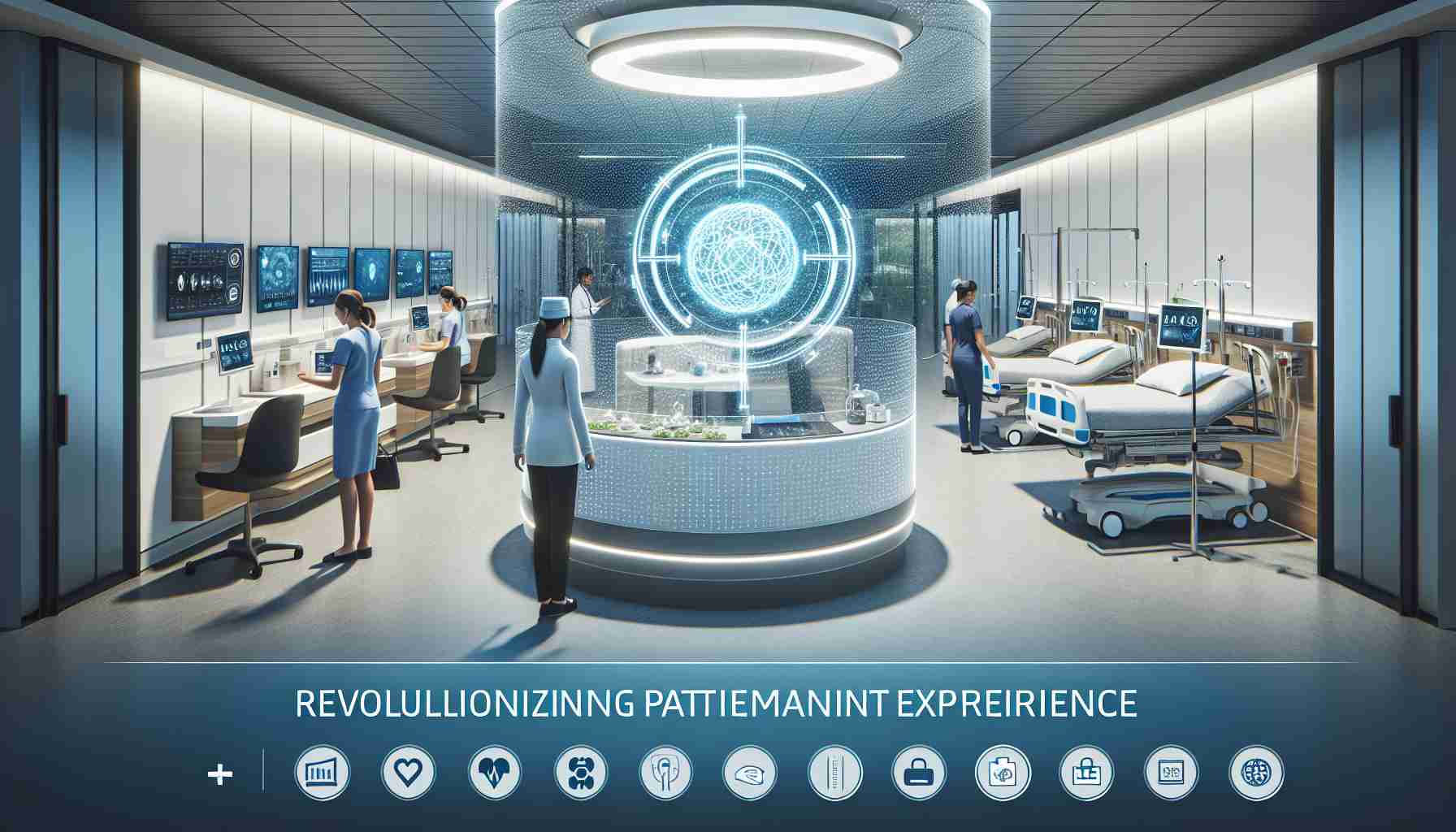
Hospitals Embrace Technology to Enhance Patient Care
Several medical institutions have recently made significant strides in improving their services by incorporating online features to elevate the overall patient experience. One hospital has introduced a self-service registration feature on its official app, allowing new patients to generate a medical record number without the need for an in-person visit. Similarly, returning patients can now utilize the app to schedule appointments by verifying their identity through a registered mobile number, eliminating the need to physically check in on the day of their visit.
Streamlining Hospital Navigation with Digital Solutions
In a bid to enhance convenience for patients, another medical facility has launched an indoor navigation system called “MedNav” on its official WeChat service account. This innovative tool enables patients to easily locate specific departments, examination rooms, and pharmacy locations within the hospital premises. Additionally, the hospital has introduced a new payment model where patients can settle their bills within the consultation rooms using mobile payment methods, effectively streamlining the overall treatment process.
Expanding Online Services for Comprehensive Patient Support
Furthermore, a renowned children’s hospital has expanded its online services beyond basic functions like mobile payments and appointment scheduling. Patients and their families can now access features such as online parking space availability checks and payment processing, in addition to utilizing innovative tools like family accounts and intelligent guidance systems. This holistic approach towards leveraging technology underscores the hospital’s commitment to providing comprehensive support to its young patients and their caregivers.
Revolutionizing Patient Experience through Innovative Hospital Services
In the pursuit of revolutionizing patient experience, hospitals are continuously exploring new ways to integrate innovative services that enhance the quality of care provided to individuals. While advancements in technology have played a pivotal role in this transformation, there are still important questions and challenges that need to be addressed to ensure optimal outcomes for both patients and healthcare providers.
One key question is how to effectively balance technology-driven solutions with human touch in healthcare delivery. While digital tools such as self-service registration features and online navigation systems have undeniably improved efficiency and convenience, there is a concern about potential loss of personalized care and patient-doctor interactions. Striking the right balance between technology and human connection remains a critical consideration in the quest to revolutionize the patient experience.
Another important aspect to consider is the accessibility and inclusivity of these innovative hospital services. Not all patients may have equal access to smartphones or be tech-savvy enough to navigate complex digital systems. Addressing issues related to digital literacy, language barriers, and affordability is essential to ensure that these technological advancements benefit all patients, regardless of their background or circumstances.
Advantages of these innovative hospital services include improved efficiency, reduced waiting times, and enhanced convenience for patients. By streamlining processes such as appointment scheduling, bill payments, and hospital navigation, patients can experience a more seamless and hassle-free healthcare journey. Moreover, the integration of online services expands the scope of patient support beyond clinical care, encompassing aspects like parking assistance, family accounts, and guidance systems.
Despite the benefits, there are also disadvantages and challenges associated with revolutionizing patient experience through technology. Potential issues include data privacy concerns, cybersecurity risks, and the need for ongoing staff training to effectively manage and support these digital tools. Ensuring the security of patient information and maintaining high standards of data protection is crucial in the era of digitized healthcare.
In conclusion, while innovative hospital services have the potential to transform the patient experience positively, it is essential to address critical questions, challenges, and controversies to maximize the benefits of these advancements responsibly. By prioritizing patient-centric care, ensuring accessibility and inclusivity, and managing potential drawbacks effectively, hospitals can truly revolutionize the way healthcare is delivered and experienced.
For further insights into the evolving landscape of patient-centered healthcare services, you can explore relevant resources on Healthcare Partners.
